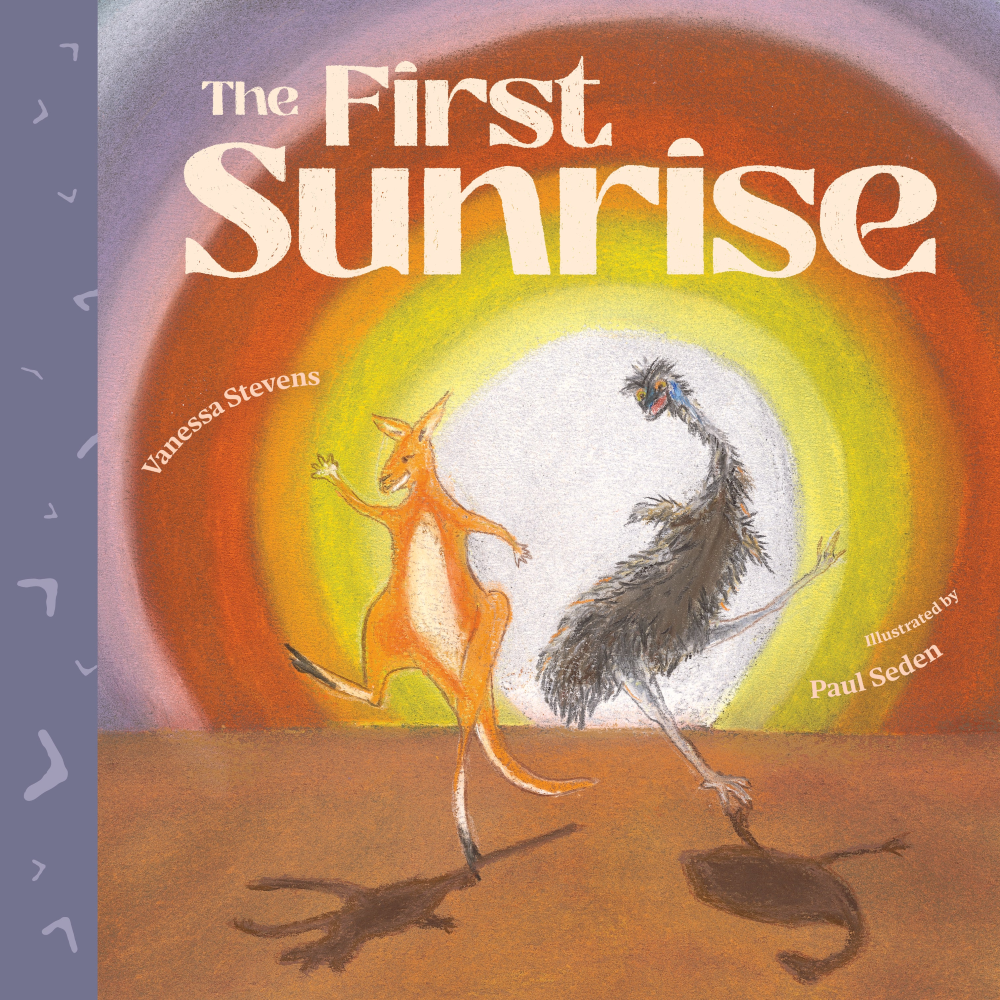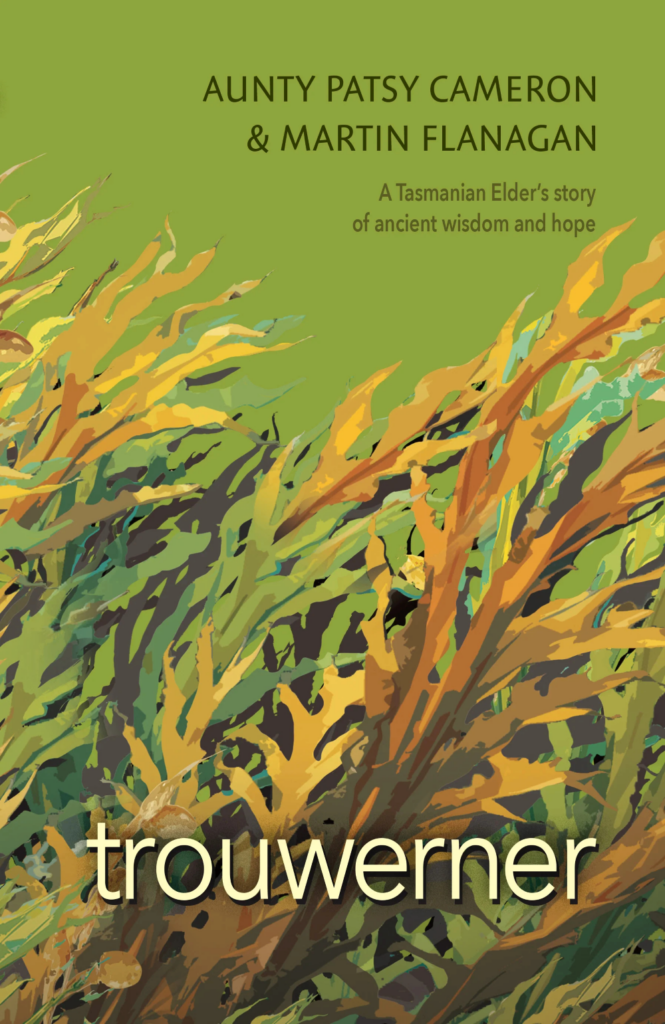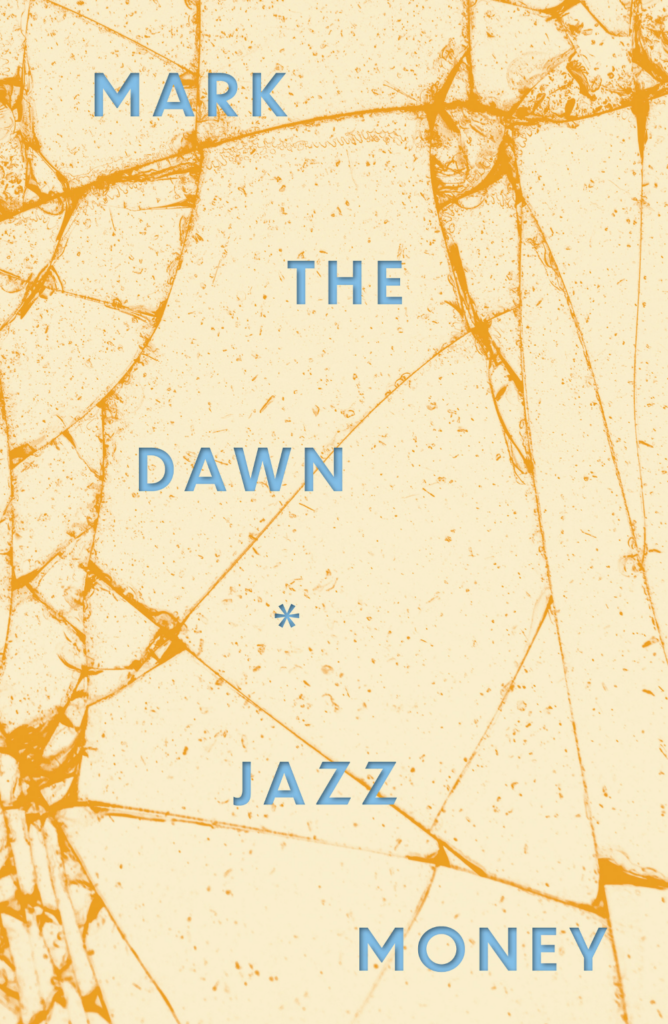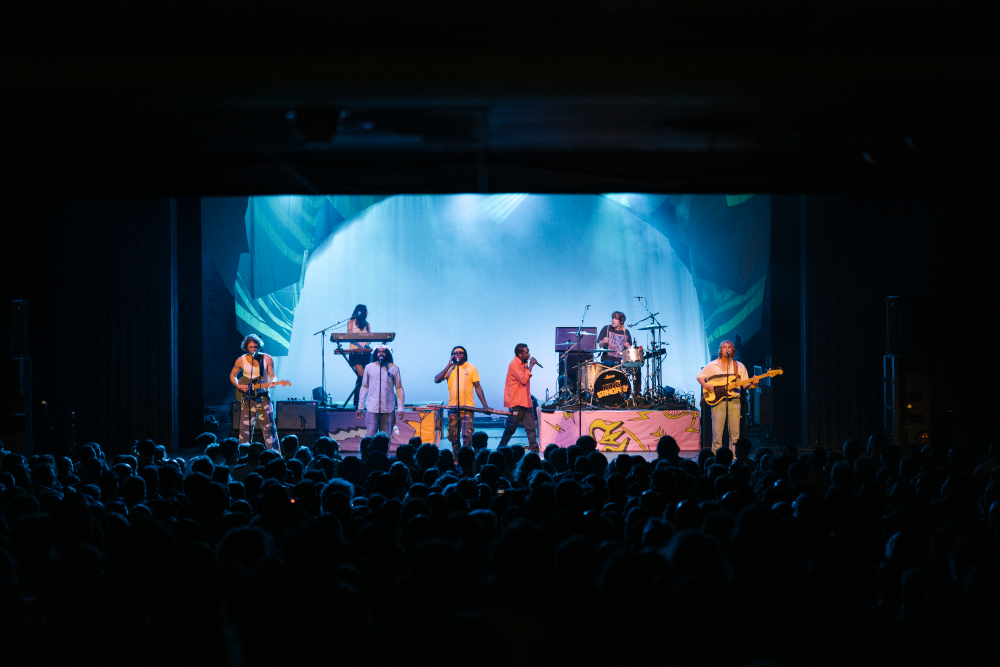
The First Sunrise, written by Mbabaram, Yidinji and Taribalang Bunda woman Vanessa Stevens, is the first Mbabaram creation story to be published.
This creation story was told to Vanessa by her father, Colin Alec Stevens (Alick Chalk) who lived traditionally in the Aboriginal Camps of Irvinebank, Bakerville and Watsonville in North Queensland from 1901 to 1916. Vanessa believes in the importance of these stories and wants them to live on forever.
With the help of beautiful illustrations by Wuthathi and Muralag man Paul Seden, young readers follow how Mulungh, the great creator, shows Kangaroo and Emu how to make boomerangs to help create the first sunrise and nightfall. With these two foundational creations of day and night, Kangaroo and Emu quickly learn how directions and time can be deciphered using the shadows of the day.
This is the first book in the new First Peoples • First Sciences series by Magabala Books which shows the important link between creation stories and science. Educators can also access teaching notes for the classroom to help share the story with students.
This book will engage young readers through both the generational stories and easy-to-understand scientific line drawings so they too can find north, south, east and west and determine the time of day.
Trouwerner by Aunty Patsy Cameron & Martin Flanagan
Magabala Books

Aunty Patsy Cameron describes the story of her ancestors, the lies of history and the power of truth-telling in Trouwerner. Sitting down with journalist Martin Flanagan and Tasmania’s 28th Governor, Kate Warner, Aunty Patsy draws from her deep connection to culture and country along with her extensive experience as a researcher and cultural historian.
Aunty Patsy is a founding member of Melythina Tiakana Warana Aboriginal Corporation (MTWAC), who demonstrated outstanding Indigenous governance and self-determination as winners of the Category 2 Indigenous Governance Awards 2024. She continues to advise MTWAC as a member of their Circle of Elders and is renowned for her distinguished service to Indigenous communities in Tasmania.
Aunty Patsy spent her early years on Flinders Island, but her family’s story begins long before, tracing back to the revered Pairrebeenne/Trawlwoolway Clan leader, Mannalargenna. In Trouwerner she invites you for a yarn as she tells her history, the history of Touwerener’s colonisation and the importance of truth-telling and hope for the future. It is a book that combines personal reflection with broader histories of First Nations culture and resilience, making it both an enlightening and deeply human experience.
mark the dawn by Jazz Money
University of Queensland Press (UQP)

If you’re looking for a poetry collection that speaks to the present while honouring the deep currents of history, mark the dawn by Wiradjuri writer and artist Jazz Money is essential reading.
Their second collection – following the acclaimed how to make a basket – weaves together themes of love, family, climate change, queerness and connection to Country in 37 stunning poems. Each piece responds to contemporary essays, artworks, performances and films making this a work deeply engaged with today’s cultural and political landscape.
Money’s poetry challenges colonial narratives, offering a retelling of our history through a First Nations lens. Their words evoke both urgency and beauty, creating a space for reflection and transformation. The language is sharp yet lyrical, immersing readers in perspectives that are both deeply personal and universally relevant.
This is poetry that lingers – its themes and imagery staying with you long after you’ve turned the last page. Whether you’re a longtime poetry lover or new to the form, mark the dawn is a powerful, thought-provoking collection that deserves a place on your shelf.

Joy. King Stingray’s second album moves away slightly from the funk-inflected, garagey ‘Yolŋu surf rock’ of their eponymous 2022 debut, towards a poppier, synthier, more commercial sound, but without sacrificing any of the infectious love for life, culture and Country that defined that record.
While the band are broadening their horizons you will likely still crank up the volume on this new stuff and find yourself overwhelmed by the compulsion to cut some serious shapes, as this reviewer did at the first night of their album tour at Sydney’s Enmore Theatre.
Day Off and What’s The Hurry? would fit neatly into the first album’s track list, but Nostalgic, Soon As, and Southerly are all markers of an exciting new direction.
Culture still comes out strong across this album in the use of Yolŋu Matha, Yolŋu manikay and yiḏaki and bilma alongside lots of English lyrics for crowd singalongs. If their live shows are anything to go by it’s obvious Stingers still have great joy and energy invested in sharing their culture and music.
This article is from the 53rd edition of Reconciliation News. Read the rest of the issue.


